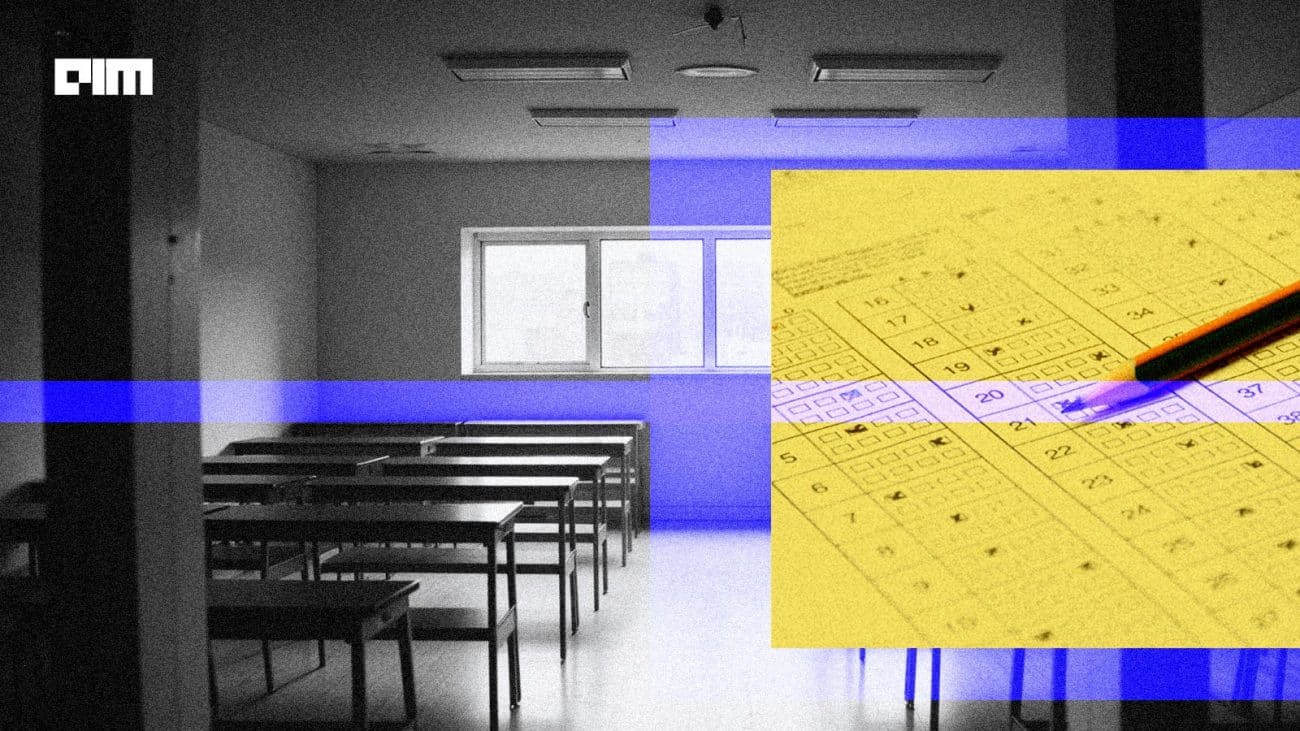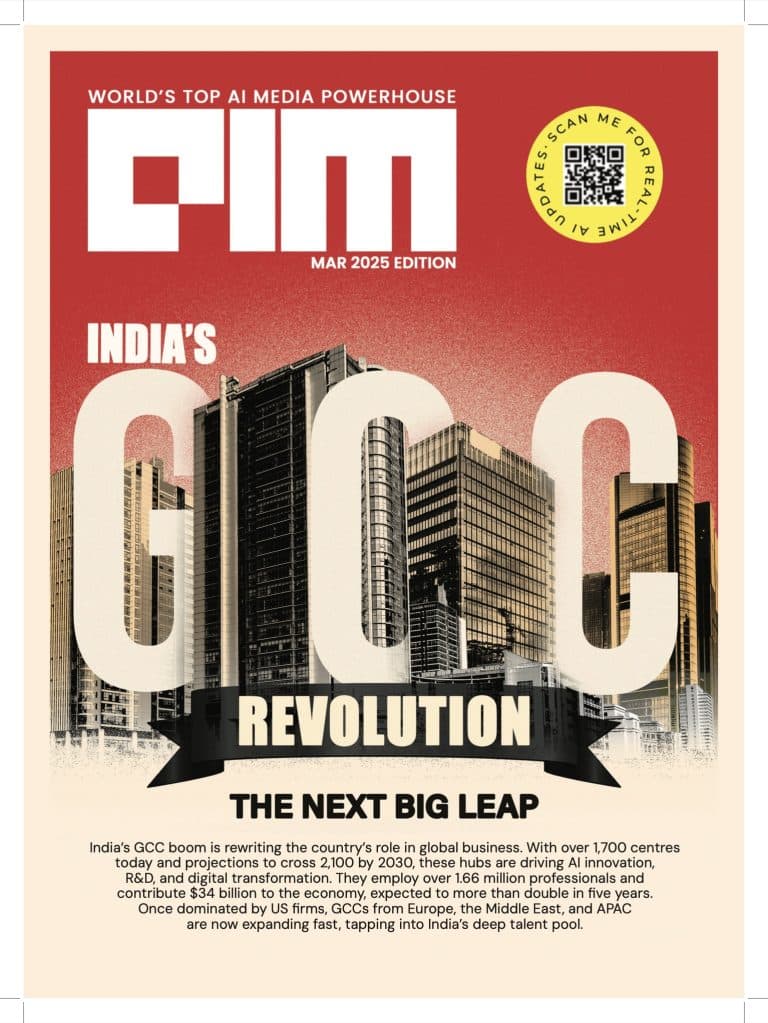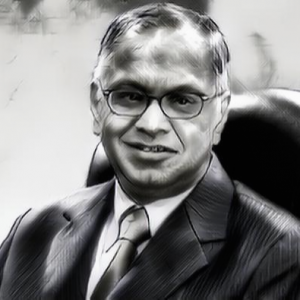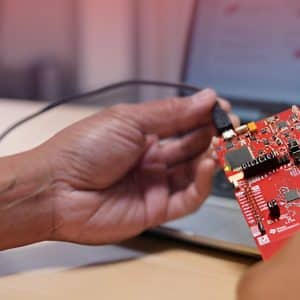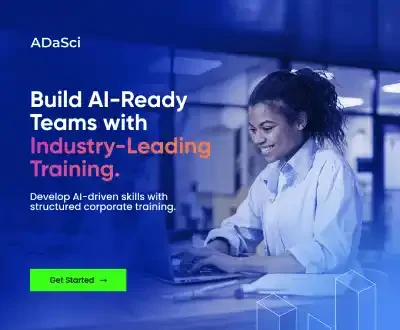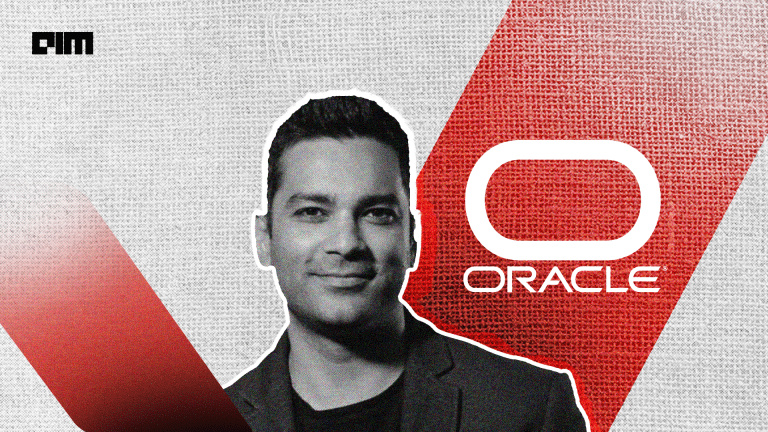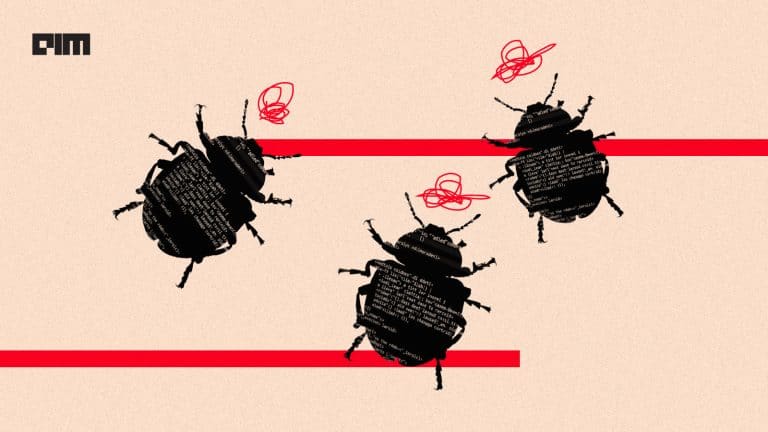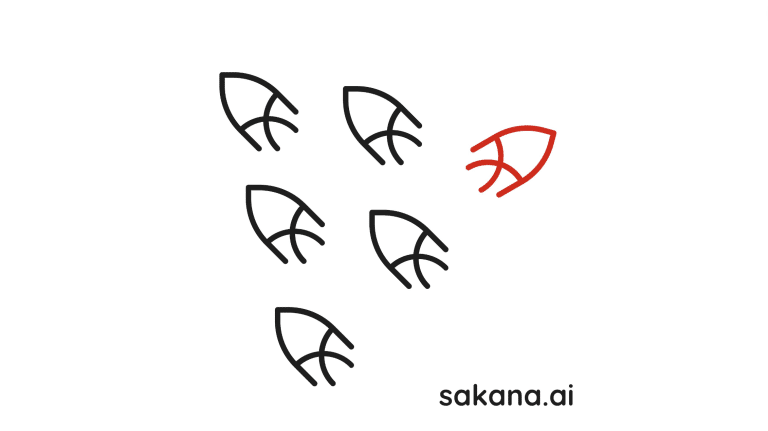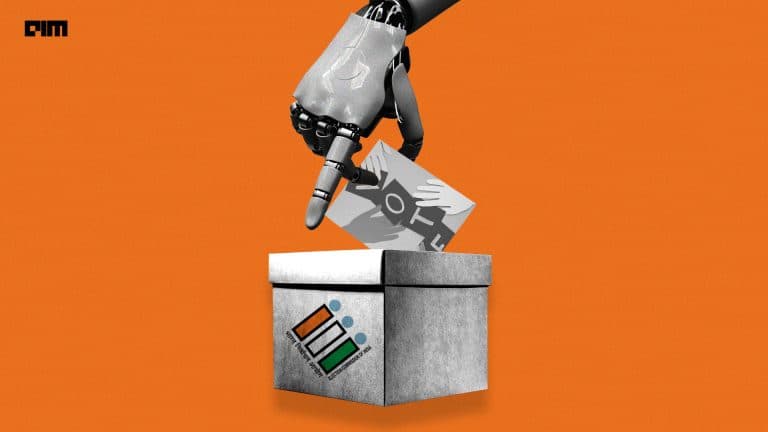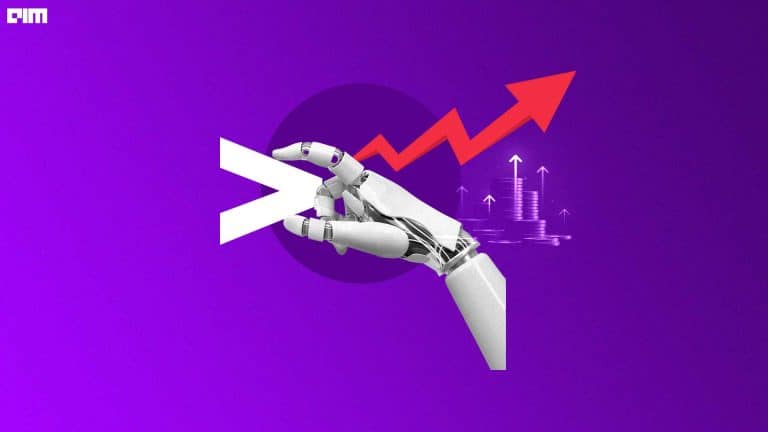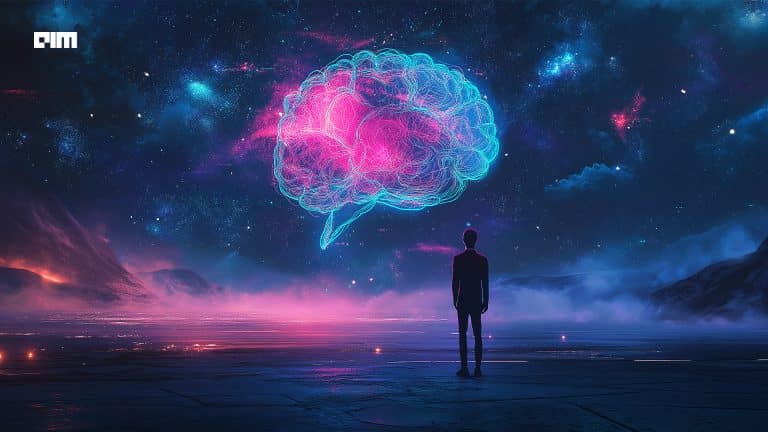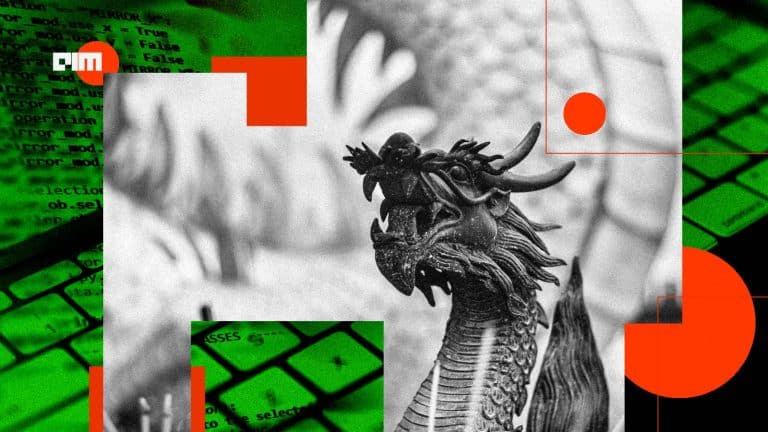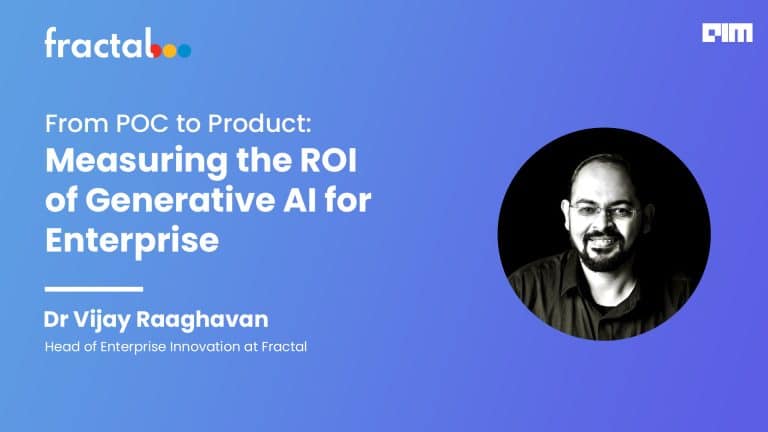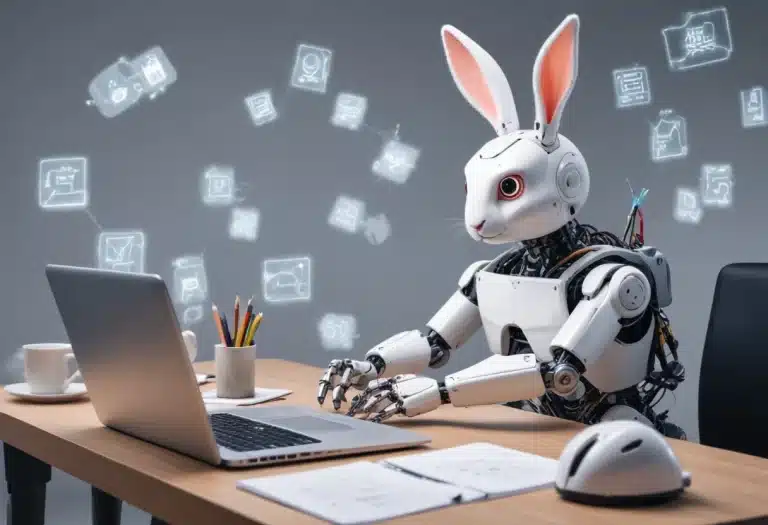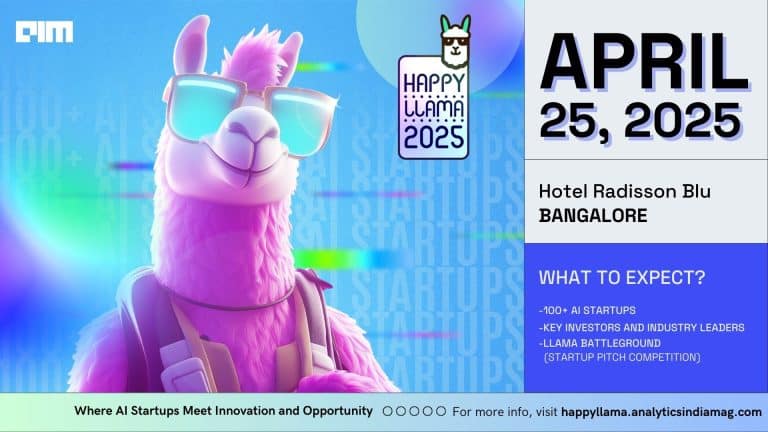Contrary to concerns that an overreliance on AI might dull critical thinking, Professor Balaraman Ravindran from IIT Madras believes these tools are transformative and encourages aspiring IITians and students to embrace AI resources such as ChatGPT and Perplexity AI.
“I do not buy the argument that AI tools make people dumber. They train them to solve problems differently,” Dr. Ravindran said.
A recent Microsoft study said that while generative AI (GenAI) tools can significantly reduce workload, they also risk diminishing critical thinking skills among knowledge workers. However, Ravindran offered a different perspective, suggesting that using AI like a calculator could help tackle larger challenges more effectively than relying solely on mental calculations.
Dr. Ravindran brings over two decades of teaching experience to his role in the Department of Computer Science and Engineering at the Indian Institute of Technology Madras (IITM), where he has been a faculty member since 2004. He, however, acknowledged that AI has put teachers in a tricky position, requiring them to adapt and change their teaching methods.
Redefining Teaching for an AI Era
Ravindran acknowledged the growing trend of students using AI tools to complete their assignments. To counter this, one of his colleagues gave students a slightly trickier question, requiring them to submit the prompts they used to generate their answers.
Besides, the department shifted towards in-class assignments during tutorial sessions, with Wi-Fi disabled to prevent reliance on AI tools. These assignments use simpler questions that test basic concepts, allowing students to refer to their notes. This blurs the line between exams and assignments, creating a continuous learning experience.
Ravindran has taught several NPTEL courses on reinforcement learning and machine learning, which are highly regarded for their comprehensive coverage and clarity. He said his courses are now dubbed into regional languages to connect with students nationwide. This is being done in collaboration with AI4Bharat.
This is a welcome change, as students in the hinterlands can now access good resources otherwise. He believes that AI democratises access to advanced skills (e.g., high-level math or critical thinking), making them available to a broader population, not just prodigies.
When asked about the possibility of AI tutors replacing human teachers, he said that teaching is one of the professions least likely to be replaced by AI. “The empathy and psychological support that a teacher provides to students are difficult for AI to replicate.” While this may hold true for younger students, the situation could be different in higher education.
Citing a personal example, Ravindran stated that with over 180 students in his class, it may be challenging to remember each student’s name or provide personalised instruction, which AI could assist with.
He stressed that teachers must add more value to the class, going beyond the fundamentals, as the concepts will not change overnight.
Ravindran shares interesting stories and anecdotes while teaching reinforcement learning. Now, he says AI can be trained to deliver personalised teaching on the same topic to each student differently depending on their understanding capacity.
Will AI Impact Critical Thinking?
Ravindran acknowledged that technology can lead to a decline in certain skills (e.g., mental arithmetic) but argued that this does not equate to reduced intelligence.
His views resonate with those of Google chief Sundar Pichai, who recently recounted a personal anecdote highlighting his initial discomfort with his children’s use of smartphones to learn math. Pitchai remarked, “I grew up doing math using logarithmic tables, and I was uncomfortable watching my kids learn math with smartphones. They’ve turned out just fine.”
When asked whether IIT would adapt its entrance exams to accommodate AI tools, he said that competitive exams like JEE and GRE are unlikely to change in the near future. Yet he acknowledged that change is inevitable and necessary.
“I do not think we will react fast enough to change JEE, GRE, or other competitive exams,” Ravindran said, adding that changes are inevitable and may not come immediately.
Govt Should Act on Revising Curriculum
Discussing India’s education system, Ravindran believes the current curriculum is not adequately prepared for the next generation of students who will soon enter the workforce.
“The current curriculum certainly is not ready for AI. I have been saying that regardless of what field of work students are going into, they will be able to do it better with judicious use of AI tools,” he said.
Students should be trained not just on the fundamentals of the subject but also how they can use AI to improve their efficiency and enhance their capacity, he opined. “Teaching students a single AI module just for formality is not enough,” Ravindran remarked.
Meanwhile, drawing on his expertise in software engineering, Ravindran argued that education should shift from merely teaching coding to equipping students with skills to design code structures and translate user requirements into functional program modules.
Much like in CAD/CAM (Computer-Aided Design and Manufacturing), Ravindran noted that the emphasis should be on design principles and verification rather than merely operating AI tools. “I do not think we are at a point where we can completely rely on the outputs of these AI systems,” he said.
Echoing similar views, BITS Pilani vice chancellor V Ramgopal Rao, in an earlier interaction, told AIM that while AI is being introduced in many universities, it often lacks depth. Topics like deep learning, reinforcement learning, and advanced AI applications are optional or lightly covered.
“There is limited focus on hands-on projects or exposure to real-world problems, which are essential for AI development,” Rao said. “AI is a fast-evolving field, and the lack of emphasis on research and innovation within the curriculum limits students’ ability to contribute to global advancements.”


